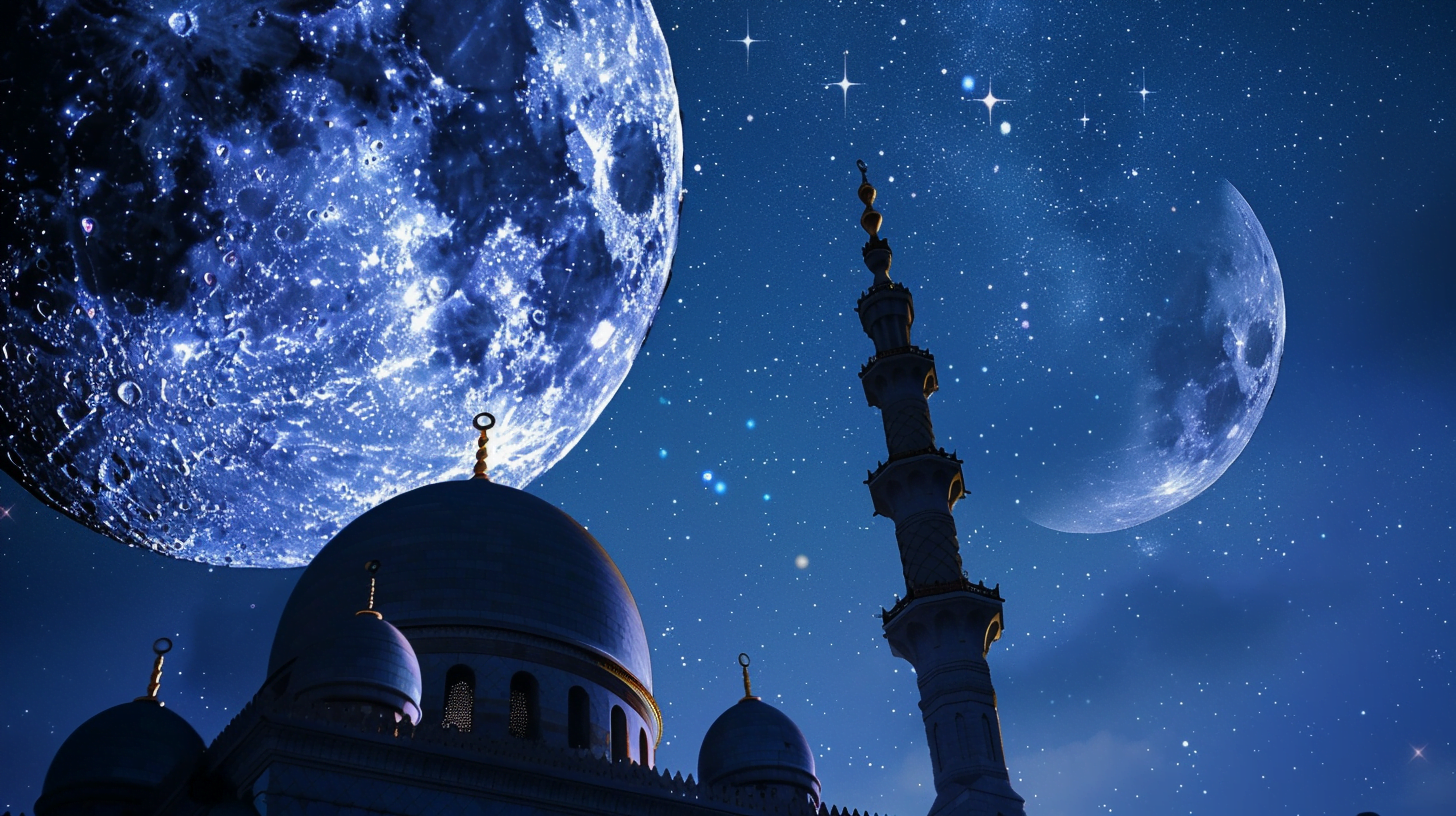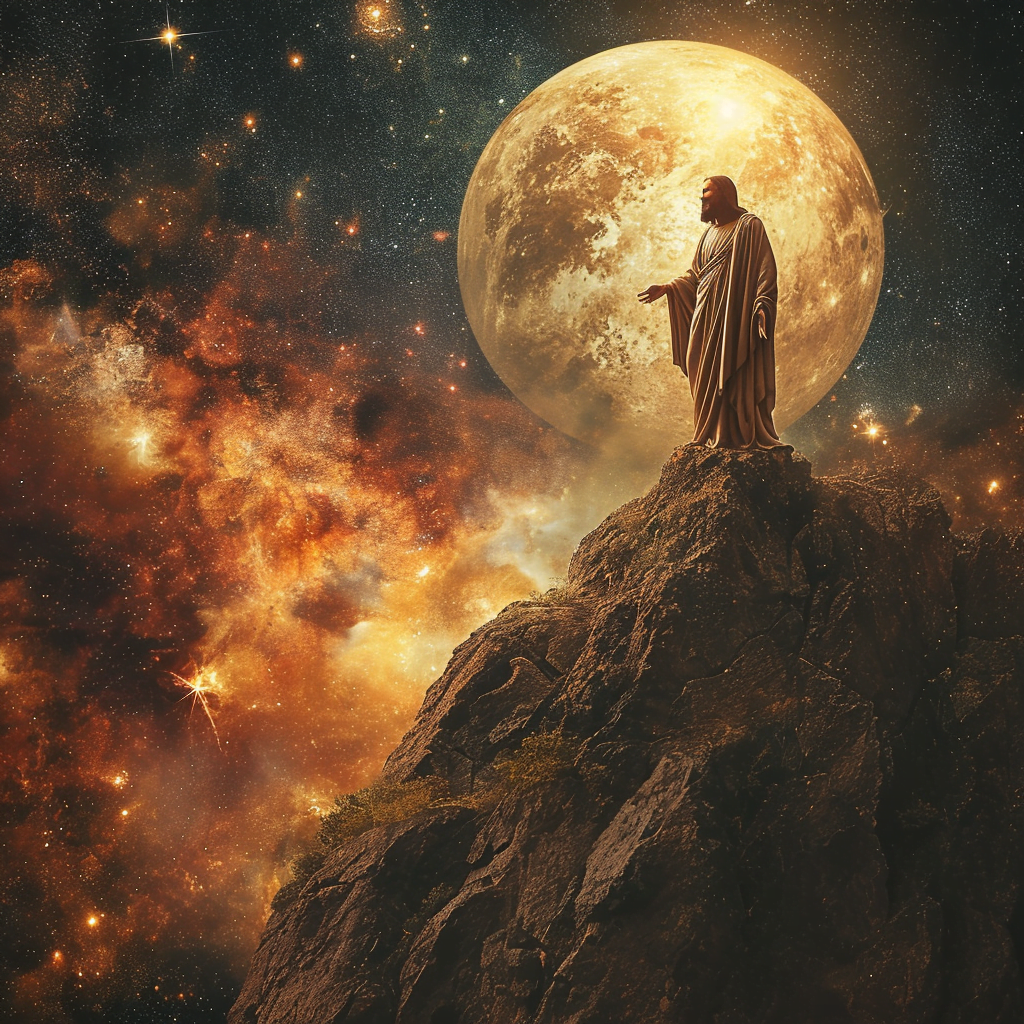In this article, you will explore the fascinating world of astrology and religion as we compare the two. Astrology, the study of celestial bodies and their influence on human behavior, has long been a source of intrigue and guidance for many. On the other hand, religion, a belief system that offers purpose and meaning to individuals, has been an integral part of human life for centuries. By examining these two concepts side by side, we hope to shed light on their similarities, differences, and the impact they have on individuals and societies. So, get ready to delve into this thought-provoking exploration of Astrology versus Religion.
Astrology and Religion
Astrology and religion are two distinct systems of beliefs and practices that have influenced human societies for centuries. While astrology focuses on the study of celestial bodies and their movements to predict human behavior and interpret events, religion encompasses a complex web of spiritual beliefs, rituals, and moral codes. In this article, we will examine the definitions, beliefs, historical origins, concepts of higher powers, life’s meaning, scriptures, authorities, utilization, compatibility, and modern perspectives of astrology and religion.
Definition of Astrology
Astrology, derived from the Greek words “astro” (star) and “logos” (study), is the pseudoscientific belief system that connects the positions and movements of celestial bodies, such as stars and planets, to human personality traits and events on Earth. It assumes that the positions of these celestial bodies at the time of a person’s birth or during significant events can have an influence on their character, relationships, and destiny.
Definition of Religion
Religion, a deeply personal and cultural phenomenon, encompasses a wide range of beliefs, rituals, ethics, and practices centered around the worship of a higher power or powers. It provides a framework for understanding the universe, offering explanations for life’s mysteries, and guiding individuals in developing a moral compass. Religions often involve the veneration of deities and the adherence to sacred texts, accompanied by rituals and ceremonies.
Beliefs and Practices
Core Beliefs
Astrology’s core belief lies in the notion that celestial bodies play a significant role in shaping human behavior and fate. It asserts that an individual’s personality traits, strengths, and weaknesses can be determined by the zodiac sign under which they were born. On the other hand, religion encompasses a wide array of core beliefs depending on the specific faith. These may include the existence of a divine being or multiple deities, the concepts of heaven and hell, the immortality of the soul, and the moral responsibility of individuals.
Rituals and Ceremonies
Astrology is primarily focused on the interpretation of celestial events rather than ritualistic practices. However, individuals who follow astrological beliefs may engage in personal rituals, such as wearing specific gemstones or performing daily affirmations, in an attempt to harness the energies associated with their zodiac sign. Religion, on the other hand, involves rich and diverse rituals and ceremonies specific to each faith. These can include prayers, sacraments, fasting, pilgrimages, and communal worship, among others.
Supernatural Elements
While astrology does not typically involve a belief in supernatural entities or forces, it does attribute human characteristics to celestial bodies. The belief that the alignment of stars and planets can influence human behavior is a cornerstone of astrological thinking. In contrast, religion often incorporates supernatural elements such as gods, goddesses, angels, demons, and spirits. These entities are often seen as influential forces that can shape and intervene in the lives of believers.
Historical Origins
Astrology Origins
The origins of astrology can be traced back to ancient civilizations such as Babylon, Egypt, and Greece. These cultures developed observation-based systems to interpret celestial patterns and their connection to human existence. Astrology’s influence spread throughout the world, with important contributions from Islamic scholars during the Middle Ages and significant developments in the Renaissance period. Today, various forms of astrology continue to exist and evolve, shaping individual beliefs and cultural practices.
Religion Origins
Religion has been an integral part of human existence since the dawn of civilization. The earliest forms of organized religion emerged in Mesopotamia, ancient Egypt, and the Indus Valley. These belief systems sought to explain natural phenomena, human existence, and the concept of a higher power. As human societies evolved, religions grew more complex, incorporating diverse mythologies, ethical guidelines, and rituals. The origins of specific religious traditions are unique to each, with examples such as Hinduism, Judaism, Christianity, Islam, and Buddhism.
Concept of God or Higher Power
Astrological Entities
Astrology does not attribute the concept of a single supreme being or higher power. Instead, it identifies celestial bodies as influential entities that shape human experiences. Each celestial body, such as the Sun, Moon, and planets, is associated with specific qualities, energies, and archetypal representations. Individuals may find guidance through connecting with these energies and aligning their behavior accordingly.
Deity or Deities
Religions often revolve around the veneration of a deity or deities. These higher powers are seen as all-knowing, all-powerful entities that are responsible for the creation and maintenance of the universe. Different religions have different concepts of deities, ranging from monotheism (belief in one God), such as in Christianity and Islam, to polytheism (belief in multiple gods), as seen in Hinduism and ancient Greek mythology. The nature, attributes, and relationships between these deities may vary significantly across different religious traditions.
Interpretation of Life’s Meaning
Astrological vs. Religious Perspectives
Astrology and religion offer different perspectives on life’s meaning. Astrology’s interpretation of life’s purpose often revolves around personal growth, self-awareness, and aligning oneself with the energies of the cosmos. Its focus is on understanding and embracing one’s astrological characteristics to live a more fulfilling life. Religion, on the other hand, often asserts that life’s meaning lies in spiritual connection, ethical living, and adherence to divine commands. It may offer explanations for existential questions, provide a sense of purpose, and offer guidance on how to lead a virtuous life.
Role of Scriptures and Texts
Astrological Texts
Astrology relies on a variety of texts and resources for interpretation and guidance. These can include astrological birth charts, horoscopes, and books written by astrologers. While there is no singular authoritative text in astrology, practitioners often draw from a combination of ancient texts, contemporary interpretations, and personal experiences to shape their understanding and practice of astrology.
Religious Scriptures
Religious scriptures play a central role in guiding the beliefs, ethics, and practices of religious individuals and communities. These sacred texts, such as the Bible in Christianity, the Quran in Islam, the Torah in Judaism, and the Bhagavad Gita in Hinduism, are regarded as the word of God or divinely inspired. They offer guidance on moral conduct, rituals, prayers, stories, and teachings that form the foundation of religious traditions.
Religious Authorities and Astrologers
Hierarchy and Roles
Religions often have hierarchical structures and designated authorities to interpret and enforce religious doctrines. These authorities can include priests, imams, rabbis, religious leaders, or esteemed scholars who have studied religious texts and possess spiritual knowledge. They guide the community, conduct rituals, provide spiritual counsel, and educate individuals on religious matters. In astrology, there is no formal hierarchy or authoritative body. Astrologers are individuals who have studied and practiced astrology, offering readings, consultations, and interpretations to individuals seeking astrological guidance.
Utilization and Purpose
Astrology’s Application
Astrology finds application in various areas of life, from self-reflection and personal growth to relationship compatibility and career guidance. Many individuals turn to astrology to gain insight into their strengths and weaknesses, navigate important life decisions, and understand their unique traits. It can serve as a tool for self-discovery, offering individuals a language to understand and express their complex emotions, personalities, and life experiences.
Religion’s Application
Religion is a comprehensive framework that permeates various aspects of life. Individuals may turn to religion for spiritual fulfillment, ethical guidance, moral support, and a sense of community. Religion provides a structured foundation for believers to find solace, cultivate virtues, pursue a moral life, and seek a deeper meaning beyond the confines of day-to-day existence. Additionally, religion establishes moral codes and ethical guidelines that shape social norms and behaviors within a community.
Compatibility and Syncretism
Overlap and Synthesis
Astrology and religion can coexist and intersect in certain contexts. Some individuals may incorporate astrological beliefs and practices into their religious rituals or personal spiritual pursuits. For example, astrology can be used to determine auspicious times or dates for religious ceremonies or to gain insight into how specific astrological alignments may influence religious events. Ultimately, the compatibility between astrology and religion depends on an individual’s personal beliefs and their capacity to synthesize or reconcile the two belief systems.
Conflicting Beliefs
Astrology and religion can also present conflicting beliefs and perspectives. Some religious traditions may perceive astrology as incompatible or even blasphemous due to its focus on celestial energies and potential divination practices. Religious doctrines that prioritize faith in a higher power and submission to divine will may view astrology as an alternative belief system that undermines complete trust in and reliance on a religious deity. Conflicts can arise when individuals or communities attempt to reconcile or harmonize these divergent perspectives.
Modern Perspectives and Adaptations
Astrology’s Contemporary Relevance
In modern society, astrology has experienced a resurgence in popularity. Many individuals turn to astrology as a complement or alternative to traditional religious beliefs, finding solace, guidance, and self-understanding through astrological practices. Astrological concepts and terminology have also permeated popular culture, with horoscopes appearing in newspapers and horoscope apps reaching millions of users daily. Astrologers continue to adapt astrology to contemporary contexts, exploring new techniques and interpretations while maintaining connections to its historical roots.
Religion’s Evolving Role
Religion, although it remains a significant force in many societies, has also undergone shifts and adaptations in response to contemporary challenges and changing societal values. Some religious movements emphasize inclusivity, adapting traditional doctrines to be more accepting of diverse individuals and lifestyles. Others may embrace scientific advancements, integrating scientific narratives into religious beliefs to bridge the gap between faith and reason. Adapting to the needs and aspirations of the present age, religions continue to shape and evolve, offering pathways for individuals to find meaning, community, and spiritual fulfillment in an ever-changing world.
As astrology and religion continue to shape the beliefs, practices, and worldviews of countless individuals, it is important to recognize and respect the diversity of human experiences and perspectives. Whether one finds solace in the celestial movements of astrology or the embrace of a religious faith, these belief systems offer unique avenues for humans to seek guidance, discover meaning, and connect with the mysteries of the universe.


